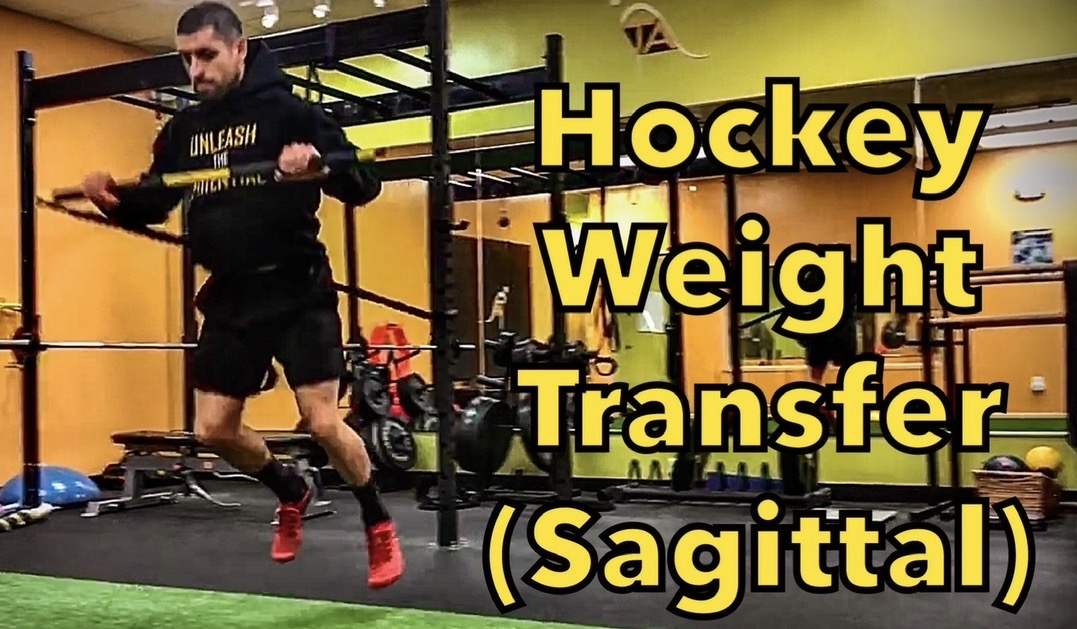Consistency Wins When Intensity Is Inconsistent
Consistency wins when intensity is inconsistent. Habits are the mechanism that drive our consistency—whether we show up or consistently don’t show up. It’s all habit-based.
Wake up: do you get up with the alarm or hit snooze?
Tired at the end of the day: is it easier to hit the McDonald’s drive-thru than cook at home?
Habits can be challenging—especially once they’re established. The 4 levels of Competence play a huge role in shaping our daily decisions. Buying a coffee, donut, and breakfast sandwich from Dunkin’ on the way to work isn’t always about hunger. For many, it’s about routine—the ritual that makes the morning feel right.
The 4 levels of consciousness can be our greatest tool—or our downfall.
Why Habits Stick So Hard
Human beings are hardwired to survive under any circumstances. We crave efficiency.
The brain loves shortcuts—and habits are those shortcuts. These 4 stages help us complete tasks with minimal effort or thought.
But here’s the deal: once a habit is set, the only thing that can override it… is a new, stronger habit.
The 4 Levels of Competence in Habit Formation
Level 1 – Unconscious Incompetence
“You don’t know what you don’t know.”
This is when someone isn’t even aware the action or habit exists.
Example: An athlete doesn’t realize hydration plays a role in their performance.
Level 2 – Conscious Incompetence
“You know it matters—but you’re not good at it yet.”
Now the athlete knows hydration is important, but doesn’t yet know how much water to drink or how to stay consistent.
Level 3 – Conscious Competence
“You’re doing it—but it takes effort.”
They’ve started tracking water intake and feel the benefits—but still have to remind themselves and stay focused.
Level 4 – Unconscious Competence
“Automatic—good or bad.”
This is the danger zone or the sweet spot. The habit becomes automatic—it just happens without thinking.
If it’s a positive habit like hydration, it’s amazing.
If it’s a harmful habit like gambling, it can be disastrous.
Final Thoughts
Habits are the ultimate efficiency tool for human beings. But it’s crucial that we stay in control.
Once a habit becomes unconscious, it’s either pushing us forward—or pulling us down.
And for most people, changing course requires awareness, intentional effort, and repetition.
Written by:
Kirill Vaks
BA, CSCS
Take action… Now!
Voorhees Flyers Training center.
The Hollydell ice arena, in the main building.



